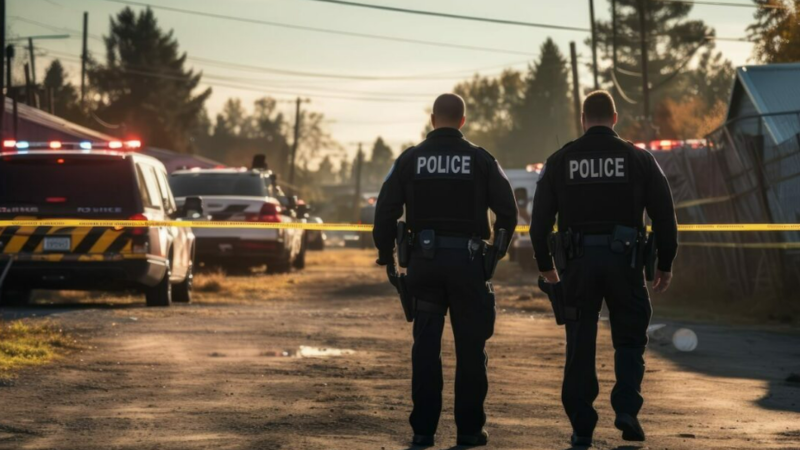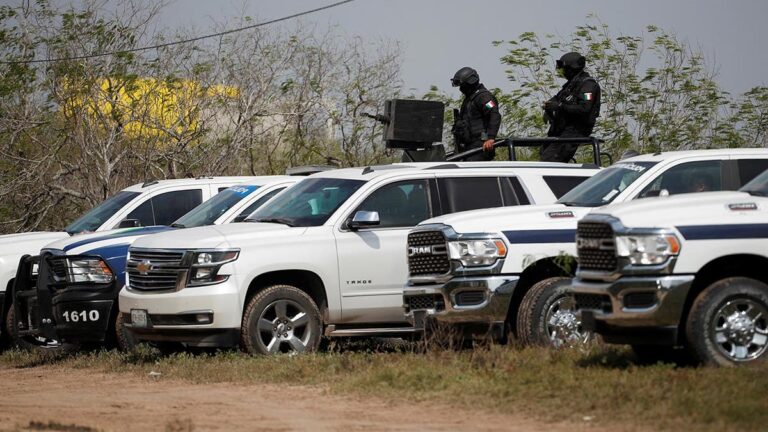
In recent years, a growing conversation has emerged in the United States about whether non-citizens should be allowed to serve as police officers. This topic touches on issues of immigration, public safety, workforce shortages, and national identity, making it a lightning rod for both supporters and critics. As of April 2025, the rules governing who can become a police officer vary widely across states and municipalities, but the idea of opening this profession to non-citizens has sparked intense debate.
The Current Landscape
Traditionally, U.S. citizenship has been a prerequisite for most law enforcement positions. The logic is straightforward: police officers wield significant authority, including the power to enforce laws, make arrests, and, in some cases, use lethal force. Many argue that such roles should be reserved for citizens who have a vested stake in the nation’s legal and social framework. Federal law enforcement positions, like those in the FBI or Border Patrol, explicitly require U.S. citizenship, and most state and local agencies follow suit.
However, there’s no uniform federal mandate dictating citizenship requirements for municipal or state police forces. This leaves room for local experimentation. In response to staffing shortages and calls for more diverse police departments, some areas have begun to relax these rules. For example, certain states and cities allow lawful permanent residents—non-citizens with green cards—to apply for law enforcement jobs. California, for instance, passed a law in 2022 (Senate Bill 960) that permits non-citizens with work authorization to become peace officers, provided they meet other qualifications.
Why the Push for Non-Citizen Cops?
Advocates for allowing non-citizens to become police officers point to practical and cultural benefits. First, many police departments across the U.S. are facing severe staffing shortages. The Bureau of Labor Statistics has noted a decline in police employment over the past decade, with recruitment challenges exacerbated by public scrutiny, low pay, and demanding work conditions. Expanding the applicant pool to include non-citizens could help fill these gaps.
Second, supporters argue that non-citizen officers could strengthen community trust, particularly in immigrant-heavy areas. A police force that reflects the demographic makeup of its jurisdiction might be better equipped to navigate language barriers, cultural nuances, and historical mistrust of law enforcement. For example, a Spanish-speaking permanent resident might connect more effectively with a predominantly Latino neighborhood than a citizen officer with no ties to the community.
Finally, proponents say that barring non-citizens from these roles is arbitrary when they’re already contributing to society in other ways—paying taxes, serving in the military (which non-citizens can do), or working in sensitive fields like healthcare. If someone is a law-abiding resident with a green card, they argue, why not let them protect and serve?
The Opposition’s Case
Critics, however, see this as a step too far. For many, citizenship is a non-negotiable symbol of loyalty and accountability. Police officers swear an oath to uphold the Constitution—a document tied to the nation’s sovereignty. Allowing non-citizens to take on this role, they argue, risks diluting that commitment. What happens, they ask, if an officer’s home country conflicts with U.S. interests? Could divided loyalties undermine public safety?
Security concerns also loom large. Opponents worry that non-citizens, even those vetted for green cards, might not undergo the same level of scrutiny as citizens when it comes to background checks or ideological alignment. While no data suggests non-citizen officers would be less reliable, the hypothetical risk fuels skepticism.
Then there’s the political angle. In an era of heated immigration debates, allowing non-citizens to hold positions of authority over citizens strikes some as a betrayal of national identity. Conservative voices, in particular, frame it as another example of “open borders” policies eroding American sovereignty.
Real-World Examples
A handful of places have already tested the waters. In addition to California’s law, cities like Chicago and Honolulu have historically allowed non-citizens to serve as officers under specific conditions. Overseas, countries like the United Kingdom and Canada permit non-citizens to join their police forces after meeting residency or legal status requirements, offering a potential model for the U.S.
Yet the results are mixed. In California, the 2022 law faced immediate legal challenges from groups arguing it violates state constitutional provisions reserving public offices for citizens. Meanwhile, departments that have hired non-citizens report no significant differences in performance, though the sample size remains small.
The Bigger Picture
The question of non-citizens becoming cops ties into broader tensions about who gets to participate in American society and at what level. It’s a microcosm of the immigration debate: Should rights and responsibilities be tied strictly to citizenship, or should they extend to those who live, work, and contribute here?
As of now, the trend toward including non-citizens is growing but far from universal. States like Texas and Florida, with stricter immigration policies, are unlikely to follow California’s lead anytime soon. Meanwhile, police unions remain split—some welcome the extra manpower, while others see it as a threat to their profession’s standards.
Conclusion
The idea of non-citizens serving as police officers in the U.S. is neither fully embraced nor outright rejected—it’s a work in progress. For supporters, it’s a pragmatic solution to real-world problems; for detractors, it’s a dangerous precedent. As America grapples with its identity in an increasingly globalized world, this debate is unlikely to fade anytime soon. Whether it’s a bold step toward inclusion or a misstep away from tradition, the outcome will depend on how communities balance trust, safety, and the meaning of citizenship in the years ahead.



